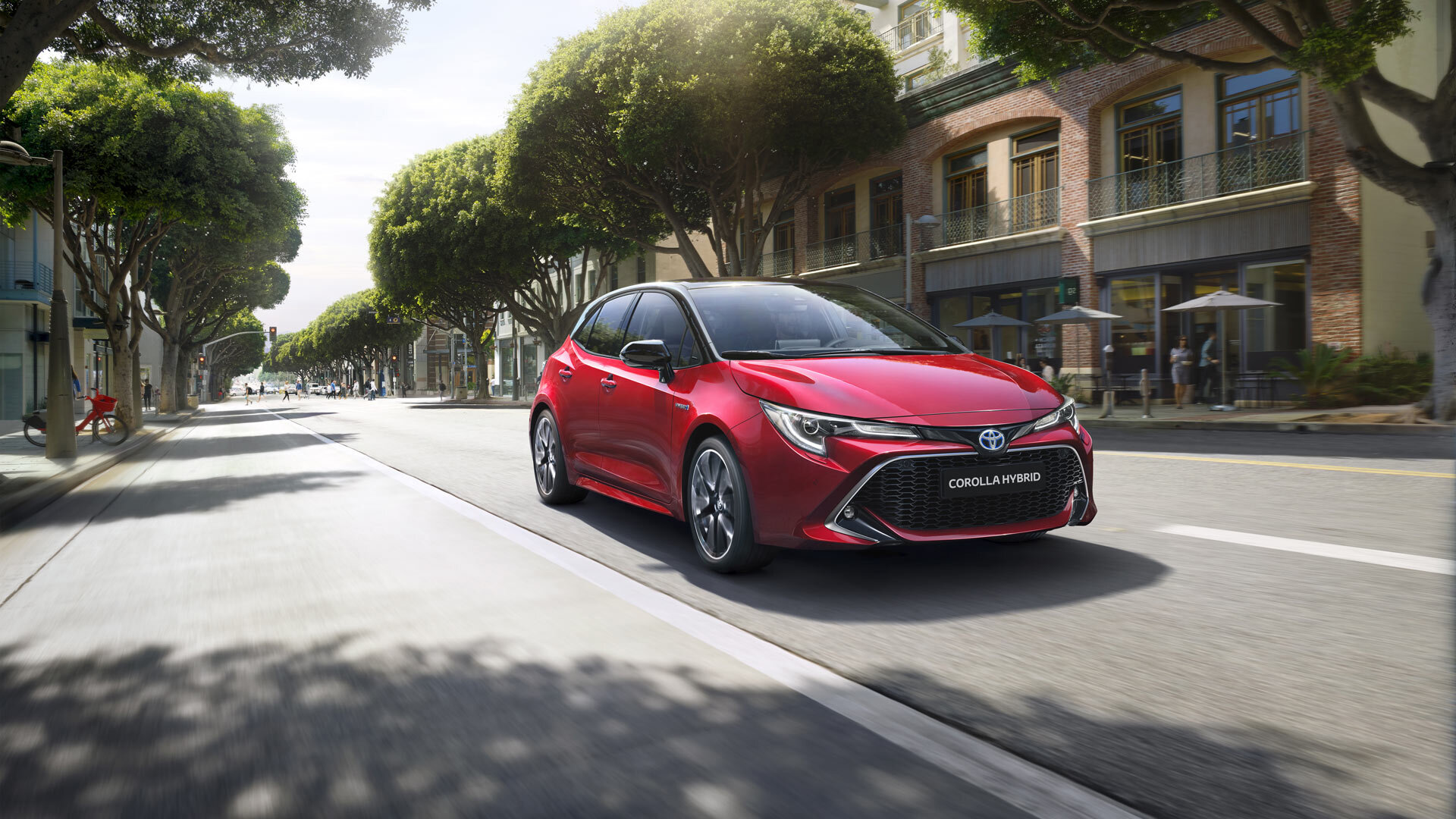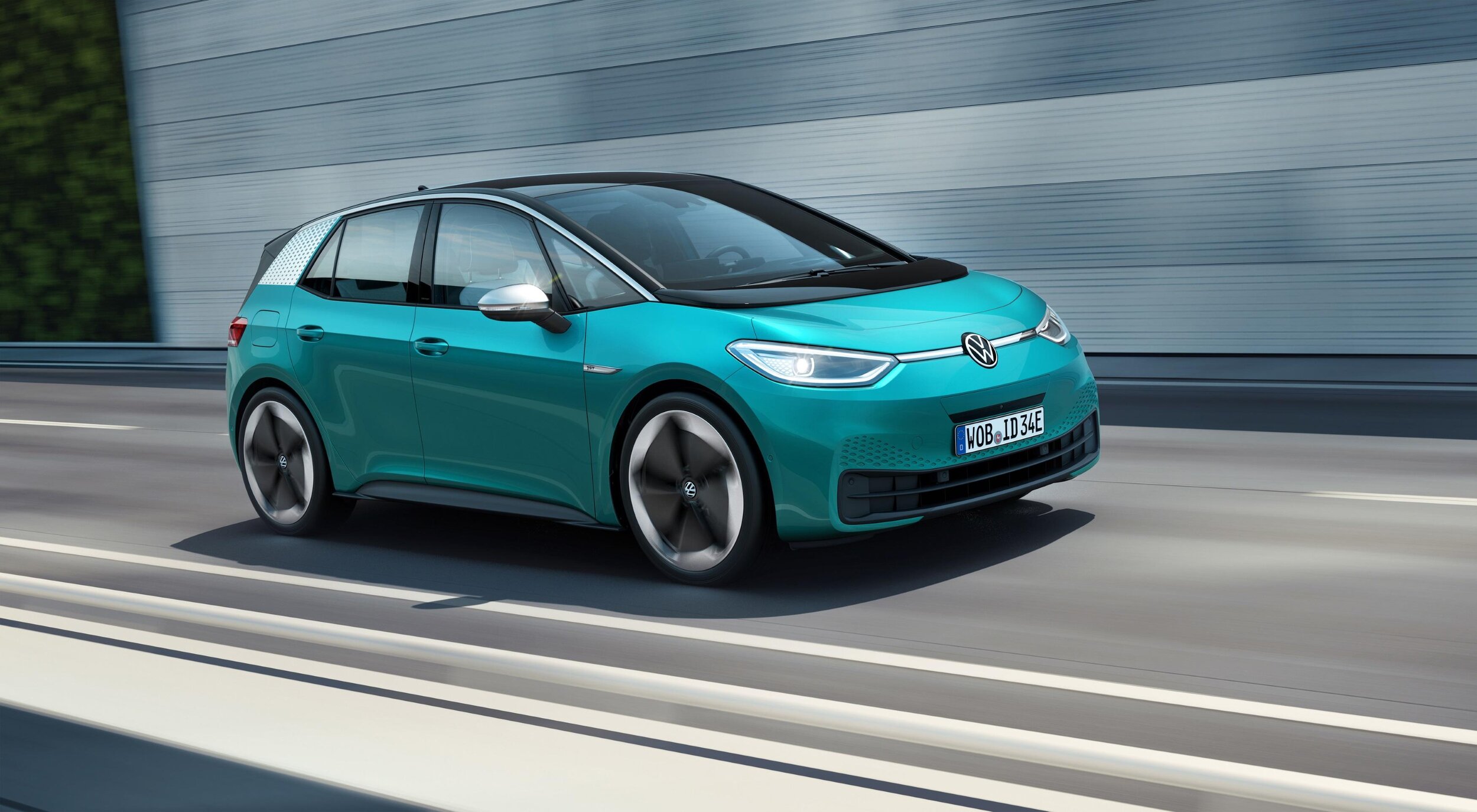
Electric Car Basics
Your first question may well be “what is an electric car?”
The simplest answer is that electric vehicles are simply powered by electricity rather than by oil.
However there can be a lot of confusion between fully electric cars and hybrids, and there is a big difference between the two – in terms of running costs, longevity and environmental impact.

What is a hybrid – and why should they be avoided?
A hybrid vehicle is a blend of a petrol and an electric car – these are also known as Plug-in Hybrid Electric Vehicles (PHEV).
These vehicles run on electric power in urban areas but switch to a petrol engine when running above a certain speed.
The problem is that these vehicles are sold on the premise of being environmentally-friendly, yet they continue to burn oil and create emissions. As such, they are like smoking on the weekends – you may have cut down, but the impact is still the same.
In fact, in many instances, the emissions levels of hybrid vehicles have been vastly undersold in a very misleading way.
Furthermore, it is likely that a ban on hybrid vehicles will follow the current proposed bands on petrol and diesel vehicles, due to the emissions they create. As such, they are not a wise investment and it is recommended that you avoid purchasing one.

What is a battery electric vehicle – and why is it a better alternative?
Battery electric vehicles (BEVs) run purely on electric power which is stored in the vehicle’s batteries.
These vehicles do not create any emissions as they are being used, and are therefore considerably cleaner than any other vehicle on the market. They have a number of clear benefits:
Reduced running costs – EVs are significantly cheaper to run than petrol or diesel equivalents - saving around 74% annually - with a 100% charge (the same as a full tank of fuel) often costing as little as a tenth of the price
Smaller carbon footprint – Electric cars have a considerably smaller carbon footprint than petrol of diesel cars. From the moment they hit the road, they are not creating any emissions themselves – resulting in cleaner air
Fewer fuel miles – Petrol and diesel vehicles are reliant on oil being sailed around the world to be refined, then delivered by road to the petrol pump – this has the net effect of adding fuel miles (the carbon footprint of getting that product to you, in the same way that eating local food as a smaller carbon impact than having something flown in from around the world). However, electric vehicles are usually charged at home, and can even be charged directly from local renewable sources – such as the solar panels on your roof
Power regeneration – Electric vehicles are able to regenerate their own power through braking, meaning that through careful driving you can add range to your journey – particularly if you live near some steep hills
An electric car is comprised of a number of batteries in the base of the car, with either single or multiple motors to power the car. These are significantly smaller than the engine in an internal combustion engine car and – coupled with not needing a gearbox – often mean there is considerably more space in the cabin for you and your passengers, as well as storage space for your shopping or luggage.
Electric cars are primarily charged at home, and can either be plugged into your mains socket – like your kettle – or you can install a fast charger system, which is subsidised by the government (See our Guide to… EV Grants for more).
One exciting difference about electric cars is that they deliver torque instantly, which means they are much faster to accelerate and have a more sporty feel. You may have felt in a petrol or diesel car that you have had to wait a second for the engine to give you power when you put your foot down – this is a lag in torque.
See our handy FAQ section below to find answers to the most common questions that consumers have about buying an EV.
FAQ
What is range?
Range is the distance that your electric car can travel on a single charge - this is the same as the total distance that you could drive with a full fuel tank
Can an electric car be driven in the rain?
A recent study found that this was a common question for those new to electric cars.
They are completely safe to both drive and charge in the rain, snow or any weather - and they are just as safe in all circumstances as their petrol or diesel counterparts.
Are electric cars more expensive than petrol or diesel?
While EVs were more pricey than their counterparts, this has changed very quickly and in 2020 we expect to see more electric models on the market for the same amount as their petrol or diesel equivalents.
This can depend on the subsidies on offer in your country – which can mean that EVs are actually cheaper than their counterparts. We also expect to see the price drop considerably in the coming years as mass production increases.
I’ve heard about range anxiety, what if I run out of charge?
Electric cars are no different to their petrol or diesel cars. We’ve all had that horrible jolt when the red fuel light comes on to tell us that we’re running low, but few of us have ever run out of fuel and we’ve usually been able to get to a petrol station to fill up.
While early electric cars may have had a shorter range than their petrol or diesel equivalents, this has changed rapidly and we are seeing little difference from 2020 onwards between them. Many EVs will also alert you that you may need to make a quick stop to charge while setting the route in your Satnav, and will recommend the most efficient place to stop en route.
Just keep an eye on your charge and you’ll be grand.
What To Read Next
Guides To…
Check out our handy guides to find out more about electric car adoption and reducing your carbon footprint
Blog
From interviews with sustainability experts, to the latest news, and myth-busting articles, it’s all here







